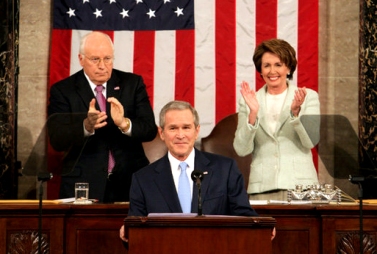Jason Tanz wrote an excellent column in this month’s Wired magazine summarizing the great job the Ron Paul campaign is doing leveraging social media to raise money, and, more important, votes. In his words . . . .,
All that buzz might be easy to dismiss but for the fact that Paul — unlike most
other Web 2.0 phenoms — has managed to convert eyeballs into dollars. On Guy Fawkes Day, he set a record for one-day fundraising by a Republican, pulling in $4.2 million in online contributions. He outdid himself just six weeks later, tapping the Internet for more than $6 million in a single day.
The Ron Paul candidacy is a lot like the first wave of Facebook apps: thrilling as a notion, disappointing as content.
Tanz captures an idea that’s as relevant to marketing and business as it is to politics. Flawless execution of marketing tactics is hugely important. Leveraging new communication tools is hugely important. Raising venture capital is hugely important. But if the product itself fails to deliver, fails to be remarkable, then everything else can only take you so far.
I’m not completely anti-Paul; I think some of his ideas are really good, and I think it would be wise for the next President to give him a cabinet position for both his support and the support of his supporters. My problem with him, similar to Tanz’, is he just doesn’t seem presidential, and some of his ideas are simply too far out there to be practical.
The lesson? Buzz is crucial, fans/evangelists are a product’s lifeblood, but if what you’re selling has issues, it will catch up to you.


